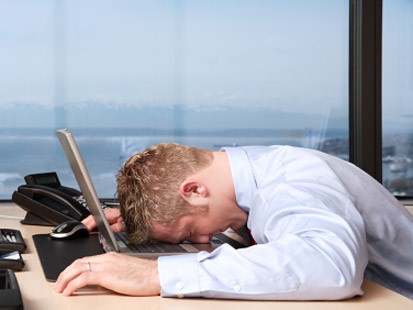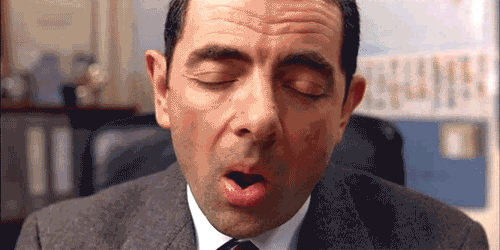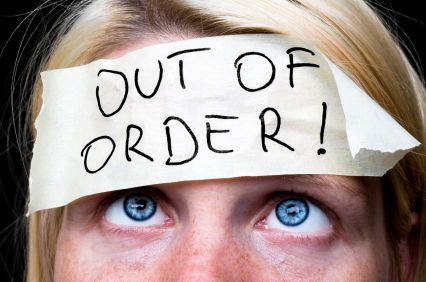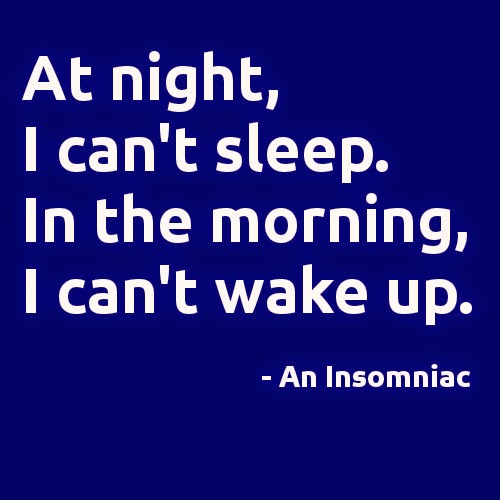What happens when you don’t snooze? That’s right – you lose!
Well, read on to make sure this doesn’t happen to you.
Wakey, wakey… Time to get back to work!
How do you feel when you don’t get enough sleep?
- Are you enthusiastic and upbeat; or irritable and lethargic?
- Do you feel like going for a workout; or lounging in front of the TV with a bowl of ice cream or bag of chips?
- Are you productive and creative; or distracted and uninspired?
Think about the choices and decisions you’ve made when you were sleep deprived.
Were they aligned with ones you would have normally made; or did they come back to haunt you at another time?
Like the bag of chips lounging in front of the TV…
You know where this is heading. And for good reason.
Aside from an unavoidable or extreme circumstance that may happen occasionally. Or a medical condition. You are in complete control of how much sleep you get every night.
It’s your responsibility to make sure it happens. And it’s your fault when it doesn’t.
This week we’ll look at how sleep deprivation is costing us all more than just wasted time. And if you have trouble sleeping, we’ll discuss a few ways to help you solve this problem, once and for all.
In Michael Hyatt’s blog post “4 Reasons Your Leadership Suffers When You Cheat Sleep”, he points out: The national average for the amount of sleep that leaders get is 5½ hours a night. About 20% less than what most people think they’re getting. And it gets worse if the quality of your sleep is suffering.
He goes on by outlining 4 reasons why not getting enough sleep is undermining your team.
When you’re sleep deprived:
- Your ability to selectively focus your attention is impaired.
- Innovation and problem solving suffers.
- Decision making skills decline.
- Emotionally, feelings are expressed in a more negative way.
WebMD wrote about 10 Things to Hate About Sleep Loss.
Here’s their list:
- Sleepiness causes accidents.
- Sleep loss dumbs you down.
- Sleep deprivation can lead to serious health problems.
- Lack of sleep kills sex drive.
- Sleepiness is depressing.
- Lack of sleep ages your skin.
- Sleepiness makes you forgetful.
- Losing sleep can make you gain weight.
- Lack of sleep may increase risk of death.
- Sleep loss impairs judgement, especially about sleep.
None of the items on either list are going to improve your life. In fact, you can expect just the opposite. Hey, doesn’t this sound like even more of a reason to make sleep a priority?
But what can you do if you have trouble getting to sleep?
According to the Consumer Reports ‘On Health’ publication, up to 70 million Americans may have a sleep disorder. And according to research published in the journal ‘Sleep Medicine’, more than 40 million of them don’t get a proper diagnosis or treatment. Jeeze!
Can you relate to this?
If that’s a YES, you should seek help.
They suggest that if you have trouble falling asleep or staying asleep, or can’t function normally, you should consult your primary care physician to identify or rule out illnesses that can affect sleep. Like depression and overactive thyroid.
Otherwise, it’s recommended that you see a board-certified sleep specialist. They can determine if you’re suffering from a common sleep disorder that may include:
- Chronic insomnia.
- Obstructive sleep apnea.
- Restless legs syndrome.
Chronic insomnia affects roughly 10 to 15 percent of adults. It’s defined as trouble falling or staying asleep at least 3 times per week for 3 months or more. Lifestyle habits are evaluated including caffeine use, alcohol consumption, use of electronic devices close to bedtime, and medications taken.
Obstructive sleep apnea affects an estimated 25 million Americans. It results in numerous pauses in breathing during sleep. A sleep lab polysomnogram is recommended to properly diagnose this disorder.
Restless legs syndrome affects about 10 percent of American adults. Symptoms include leg sensations such as burning, a creepy-crawly feeling, throbbing, or an uncontrollable urge to move your legs.
I’m not a doctor or a sleep expert. But for these 3 symptoms, I would also recommend that you take a close look at your diet, exercise frequency, and activity level.
There are 3 main components to The Health Triad. Check it out here.
Think about it like a 3-legged stool. If one of the legs is broken, the stool is unable to support itself. Before the stool can stand on its own, you need to restore the broken leg. The same is true with your health & wellness.
Make sense?
We’ve covered a lot here.
You need 8 hours of sleep every night. If you’re falling short, it’s up to you to take control. And if you think you have a sleep disorder, seek medical help.
Your health and your life depend on it!
Thank you for sharing your time with me. I hope you found value.
Now it’s time for YOU to take action…
What’s your Win to be Thin? Leave a comment below.
Click here to subscribe. You’ll receive an email with a link to each new post. And if you know someone that can benefit from this content, please share it with them.




